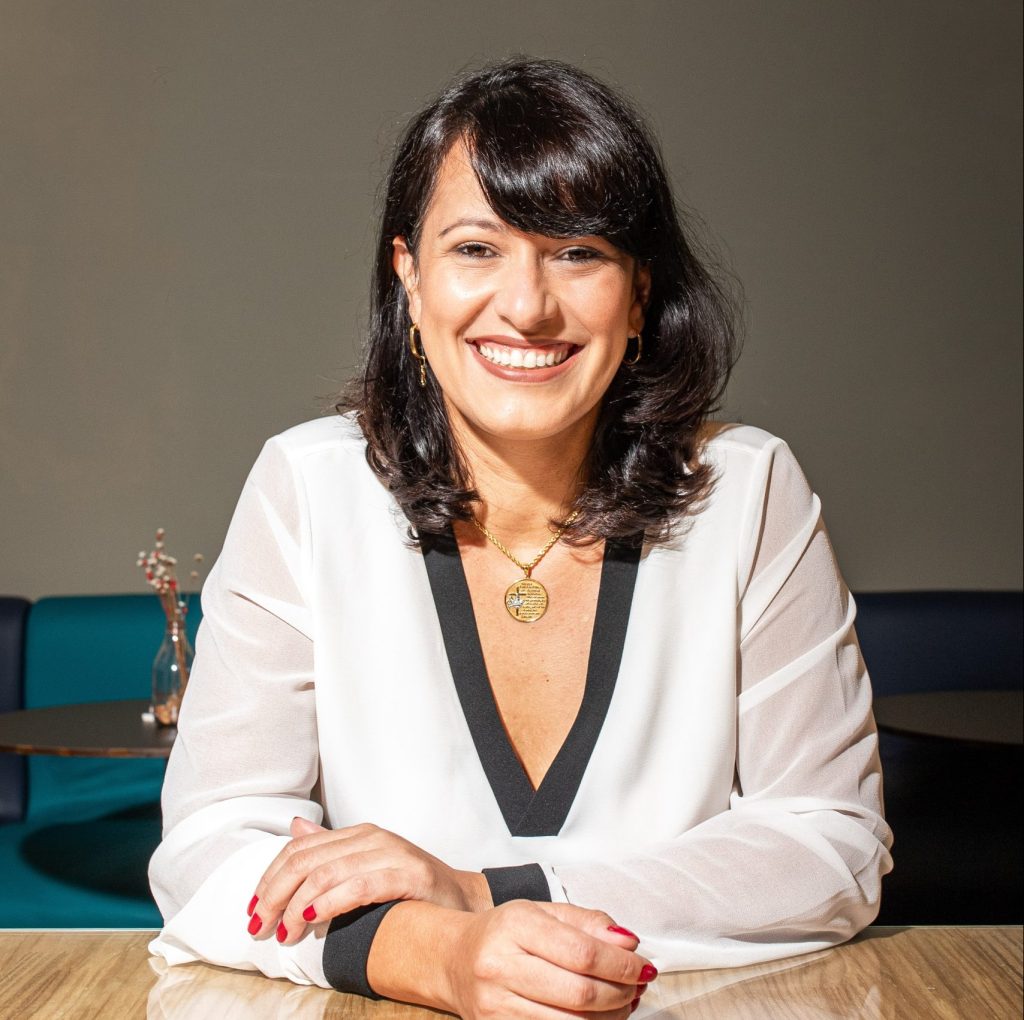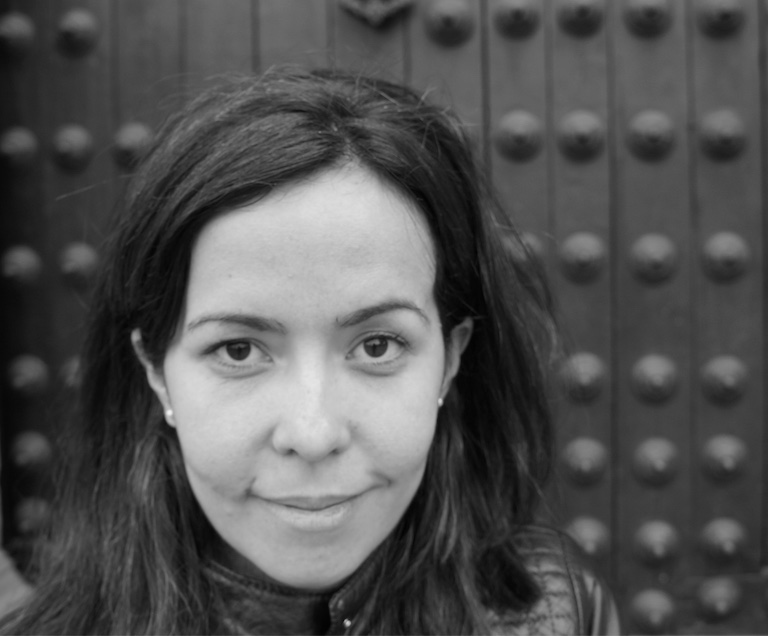Brazil’s Vittude raises $7M to help companies prevent mental health issues

Essa notícia também está disponível em português
Crescera Capital is placing its bets on the increasing number of companies focused on the mental health of their employees. The fund led a $7 million series A round on Brazilian healthtech Vittude. Endeavor’s Scale Up Ventures and Redpoint eventures, which led the company’s seed round in 2019, also joined the investment.
With a base of over 700 active psychologists, the online therapy platform grew significantly over the past few years, going from 7 clients in 2019 to 160 companies covered, with names such as Banco do Brasil, SAP, Sky, Grupo Boticário, Saint Gobain, and Brazil-based startups such as Adventures, Inc. Together, they offer Vittude as a corporate benefit to 600,000 people.
Among its key targets, the firm wants to expand its senior workforce and treble revenue in 2022. The company also plans to use the fresh capital to grow its headcount from 60 to 150 employees by the end of the year. Prior to the round, Vittude hired a CMO, CTO, and CFO, as well as other key senior roles, and attracted women to half of its leadership roles.
Vittude’s goal for the coming months also includes increasing its presence in the corporate world and improving its product portfolio, which includes offerings such as Vittude Match. The platform uses machine learning to connect the employee with a specialist who best meets their needs. In addition, the startup will develop proprietary technologies to measure conditions such as burnout.
“By improving the algorithm, we can provide human resources departments with data to offer not only mental health treatment but also prevent these issues. We can add more value to a company by enabling them to anticipate illnesses, because that costs less than treating someone who is already sick”, says Tatiana Pimenta, Vittude’s CEO and co-founder, in an interview with Startups.
According to Pimenta, who did not reveal the company’s latest valuation, the negotiations with Crescera Capital started a year ago through a an analyst at a fund who had initiated a potential negotiation with the startup. The conversations with said fund did not go ahead, but the analyst switched jobs, introduced Vittude to Crescera, and the parties eventually sealed the deal.
“At the beginning, Rodrigo [Comazzetto, Crescera’s partner who led the investment] wanted to know if I had plans to sell the company or for an M&A. I explained that I founded the business because I had suffered from depression. It’s a story of purpose, and I’m in for the long term – my end goal is an IPO. I think that initial conversation was very much in line with the fund’s vision and values,” says Pimenta.
The months that followed that conversation were learning experiences for Tatiana and the company’s co-founder and COO, Everton Hübner. “[Crescera] made an in-depth assessment of the business to understand the risks, which I think was extremely important, as it made us raise the bar in many things, despite being very lean and with everything in order from day one”, says the entrepreneur, referring to the due diligence process, in which companies such as Alvarez & Marsal were involved.
According to Pimenta, it was important to have an investor who could provide more than just capital. “My experience so far, with Redpoint, has been extremely positive. Romero [Rodrigues, partner at the firm], who works with us daily, is a spectacular mentor. Carol [Strobel], who is the only female partner at the fund, also supports me a lot and opens many doors”, says the founder.

“I saw in Crescera that same enthusiasm to participate in the business, act as mentors, and help us build a company that will become a corporation. I wanted to be sure of the investor because the funder’s trajectory can be lonely and this support is crucial,” says Pimenta. The executive also did her homework and, before making a final decision, spoke to entrepreneurs who had received investments by Crescera, such as Rodrigo Dantas, founder at Vindi, and Marcelo Furtado, founder at Convenia. Both reported positive experiences with the fund.
Endeavor’s participation in the round follows a similar rationale, based on the alignment of ideas and market vision. Vittude was accelerated by the organization last year, a process that brought a gerat deal of insights around business issues such as sales, and took the startup to a new level of maturity, Pimenta says. “Having gone through Endeavor‘s acceleration was great, and their decision to invest in the company was sensational. It shows that they trust what we are doing.”
Financial stability was key to making good decisions when partnering with new investors. Vittude had enough cash to operate for 20 more months, which possible because the company grew without making high-paying hires. “The best thing is to start [a funding] as early as possible and with some cash availability, instead of going through the process when the company is almost running out of money”, she explains.
However, not being in a hurry to raise money doesn’t mean the process wasn’t draining. “With the pandemic, many funds approached me and wanted to learn about mental health. I realized that many of them don’t have a strong thesis or an understanding of the opportunities. It was also clear that there is a strong stigma of the sector”, he says.
As one of the few founders to raise a series A in Brazil, Pimenta believes that the round has a special meaning for other female entrepreneurs. “We don’t see that many women raising that kind of money. [Rounds like Vittude’s] show the market that women are doing cool things. For the founders, it shows that it can be difficult, but we can do it”, she says.
According to Pimenta, funds are starting to look at environmental, social, and governance (ESG) issues – and having a more diverse portfolio becomes something increasingly important for certain investors. “On many occasions, I have sat down to talk to funds who were not willing to listen because I am a woman. But things are changing”, she concludes.
(translation by Gabriela del Carmen, editing by Angelica Mari)

Angelica Mari é jornalista especializada em tecnologia e inovação com duas décadas de experiência. Seu trabalho pode ser encontrado em veículos como Forbes, Financial Times, Bloomberg Línea e outros. É comentarista do Digital Planet, programa semanal de tecnologia da BBC World Service. Atualmente, cursa mestrado em cyberpsicologia no Dún Laoghaire Institute of Art, Design and Technology.